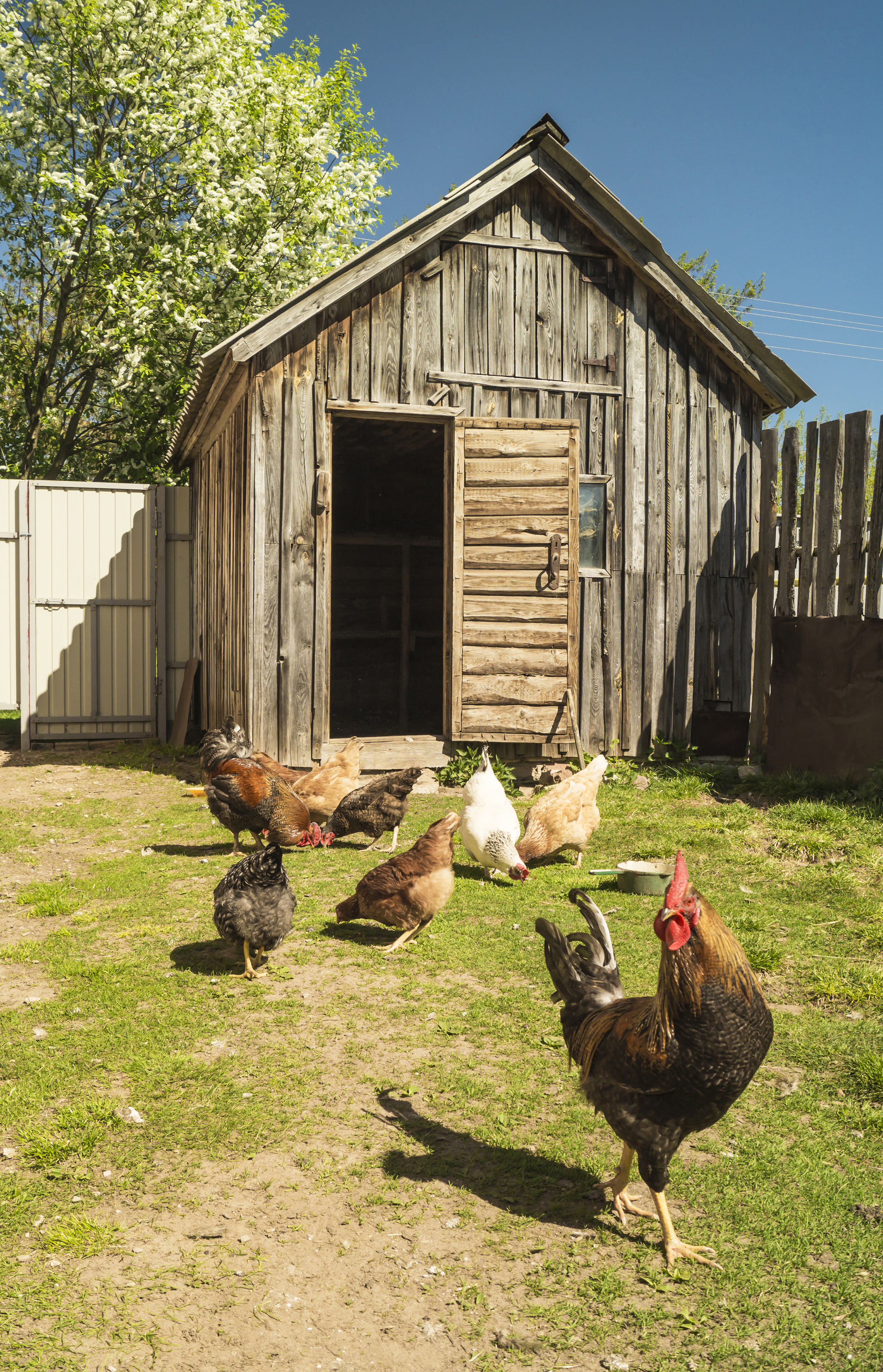
Egg labels got you baffled?
Though “cage-free” or “free-range” sound good, it’s hard to know exactly how much access egg-laying hens have to meaningful space. Either category is certainly better than conventionally raised hens, who are often confined in cages so small they can’t turn around. But except for USDA Organic, no federal egg-label guidelines exist. That means “cage-free” hens can still be crammed into barns with zero access to the outside. “Free-range” hens have a little more space (around 2 square feet per bird) but may get outside only occasionally.
 The best option: “pasture-raised” eggs, according to Certified Humane, a third-party verifier with stringent standards. “Pasture-raised” means that hens have a minimum of 2.5 acres per 1,000 birds (that’s 108 square feet per hen) to roam, with at least six hours per day outside except in bad weather. Pasture-raised hens are free to scratch and peck the ground, relax in the sun, forage for insects, run around and flap their wings—how hens naturally act when not stressed. Because pasture-raised hens eat a varied diet of grass, grubs and feed, their eggs usually taste better, too.
The best option: “pasture-raised” eggs, according to Certified Humane, a third-party verifier with stringent standards. “Pasture-raised” means that hens have a minimum of 2.5 acres per 1,000 birds (that’s 108 square feet per hen) to roam, with at least six hours per day outside except in bad weather. Pasture-raised hens are free to scratch and peck the ground, relax in the sun, forage for insects, run around and flap their wings—how hens naturally act when not stressed. Because pasture-raised hens eat a varied diet of grass, grubs and feed, their eggs usually taste better, too.
Seek egg cartons that say “pasture raised,” and look for a Certified Humane or American Humane label to ensure claims are valid.
Pasture-Raised Egg Brands to Try:
NestFresh Pasture Raised Organic Eggs
Vital Farms Lucky Ladies Non-GMO Pasture-Raised Eggs
Handsome Brook Farm Pasture Raised Organic Eggs